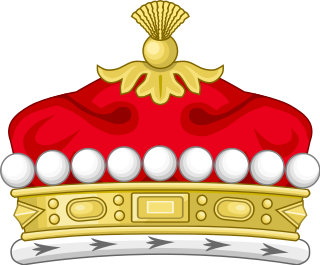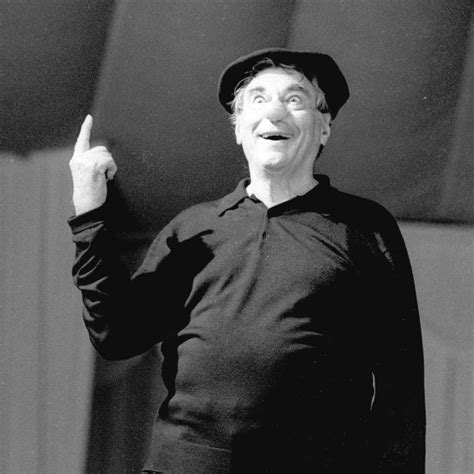A Quote by John Ralston Saul
In a society of ideological believers, nothing is more ridiculous than the individual who doubts and does not conform.
Quote Topics
Related Quotes
It is in the nature of political bodies always to see the evil in the opposite group, just as the individual has an ineradicable tendency to get rid of everything he does not know and does not want to know about himself by foisting it off on somebody else. Nothing has a more diverse and alienating effect upon society than this moral complacency and lack of responsibility, and nothing promotes understanding and rapprochement more than the mutual withdrawal of projections.
Man is by nature a social animal; an individual who is unsocial naturally and not accidentally is either beneath our notice or more than human. Society is something that precedes the individual. Anyone who either cannot lead the common life or is so self-sufficient as not to need to, and therefore does not partake of society, is either a beast or a god.
Because all the societies, all the nations, all the cultures, have taken it for granted that the individuals exist for them, not vice-versa. To me, just the opposite is the case: the society exists for the individual, the culture exists for the individual, the nation exists for the individual. Everything can be sacrificed, but the individual cannot be sacrificed for anything. Individuality is the very flowering of existence - nothing is higher than it. But no culture, no society, no civilization is ready to accept a simple truth.
It is always the individual who thinks. Society does not think any more than it eats or drinks. The evolution of human reasoning from the naive thinking of primitive man to the more subtle thinking of modern science took place within society. However, thinking itself is always an achievement of individuals.
There is a very broad theory that society gets the right to hang, as the individual gets the right to defend himself. Suppose she does; there are certain principles which limit this right. Society has got the murderer within four walls; he never can do any more harm. Has society any need to take that man's life to protect itself? If any society has only the right that the individual has, she has no right to inflict the penalty of death, because she can effectually restrain the individual from ever again committing his offence.
The Socratic maxim that the recognition of our ignorance is the beginning of wisdom has profound significance for our understanding of society. Most of the advantages of social life, especially in the more advanced forms that we call "civilization" rest on the fact that the individual benefits from more knowledge than he is aware of. It might be said that civilization begins when the individual in the pursuit of his ends can make use of more knowledge than he has himself acquired and when he can transcend the boundaries of his ignorance by profiting from knowledge he does not himself possess.
There is nothing more dangerous than to build a society with a large segment of people in that society who feel that they have no stake in it; who feel that that have nothing to lose. People who have stake in their society, protect that society, but when they don't have it, they unconsciously want to destroy it.
This whole society, up to now, has been very violent with the individual. It does not believe in the individual; it is against the individual. It tries in every possible way to destroy you for its own purposes. It needs clerks, it needs stationmasters, deputy-collectors, policemen, magistrates, it needs soldiers. It does not need human beings.
It's not that everything needs to have substance, but when nothing does then you know we're living in a bankrupt society, an artistically bankrupt society, and that's not okay. I think there's room for forms of entertainment that are very light and frivolous and fun, but when those forms of entertainment, forms of "art" if you will, become presented as something more than that, and are believed to be something more than that, then we've got a lot of problems.


































